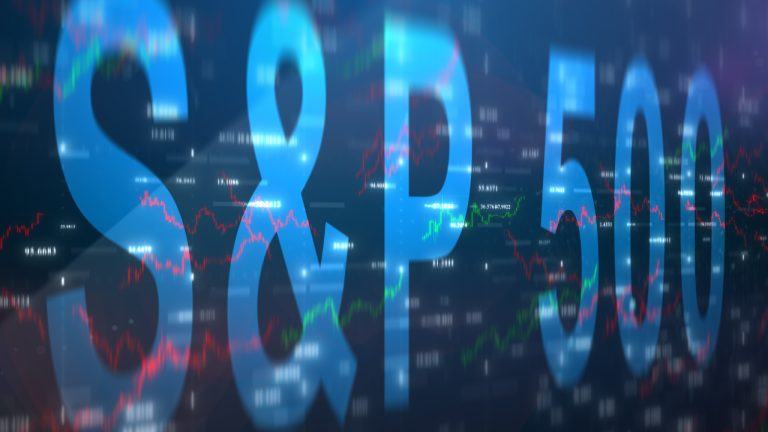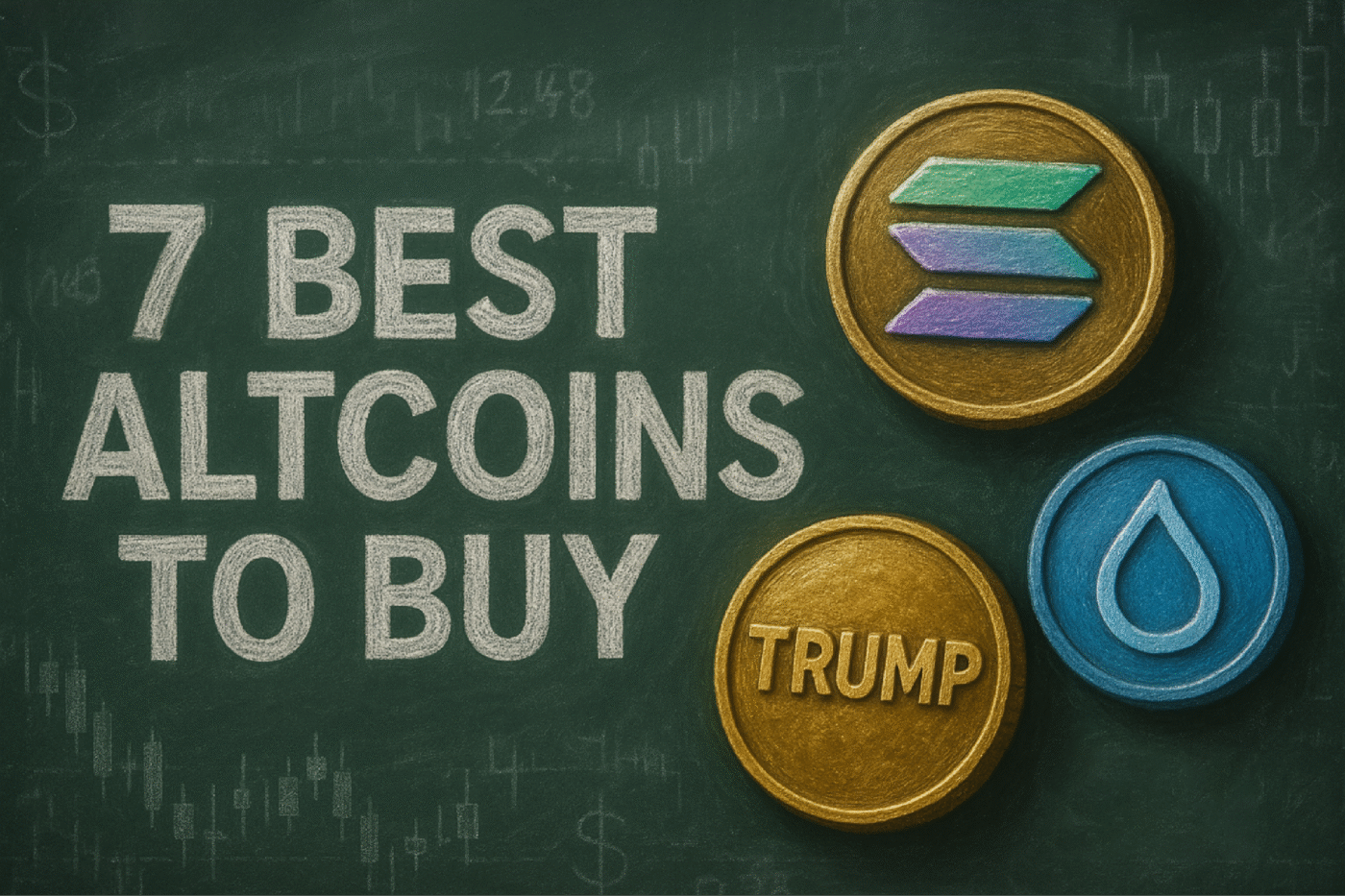ARTICLE AD BOX
XRP Army, the social media fan club for all things Ripple, is alive and well in South Korea. Seoul-based crypto exchange Upbit reported that XRP traders on its platform are more active than traders of any other crypto asset this week — trading even more than bitcoin (BTC) and ether (ETH).
With over $6 billion in XRP traded, Ripple’s blockchain asset was responsible for over one-third of the crypto exchange’s $18 billion total on Monday.
That South Korea — a relatively small country — is leading a rally in a major cryptocurrency is unremarkable for veterans who have been around since 2017.
Back then, South Korea attracted international crypto arbitrageurs to its ‘kimchi premium,’ the phenomenon that for many months, saw BTC traded at a premium in the country versus exchanges in other regions.
On Monday, and for a few hours over the weekend, XRP denominated in South Korean won (KRW) traded at a slight, single-digit percentage premium versus the global average. Although its premium fluctuated intermittently and is back to parity as of publication time, high demand in South Korea indicated a possible resurgence of a kimchi premium that had not been seen for years.
For one glorious day, Upbit overtook Coinbase price leadership
 Today, BTC is ranked tenth by trading volume on Seoul-based Upbit.
Today, BTC is ranked tenth by trading volume on Seoul-based Upbit.On December 2, XRP’s price leadership passed from Coinbase to Upbit, and its price in KRW led Coinbase’s price for approximately a day.
XRP has been particularly volatile recently. After more than 400% gains within the last four weeks, some mispricings around the world are certainly to be expected.
On most other major exchanges like Coinbase or Binance, BTC typically has the highest trading volume. However, today, BTC is ranked tenth by trading volume on Seoul-based Upbit.
South Korean Ajummas win big on XRP
XRP’s $150 billion market capitalization ranks among the largest public companies with a primary stock listing in South Korea. Although smaller than Samsung, XRP is larger than Hyundai or Kia. (Of course, the XRP Ledger does not have a headquarters, and most of Ripple’s founders are from California, not Seoul.)
After XRP’s quadrupling over the past four weeks, South Korean media is praising a group known as the Ajummas. Ajumma is a kind of South Korean equivalent of the “Jones” surname that references a stereotypical couple living out a successful American Dream.
Unlike the quintessentially hard-working Mr. and Mrs. Jones, however, South Korean Ajummas are more akin to Japan’s Mrs. Watanabe, a group of stay-at-home housewives-turned-savvy investors.
In Japan, the Mrs. Watanabe class discovered low-cost funding for an immensely profitable yen-USD carry trade. In South Korea, Ajummas have apparently discovered crypto.
Supercharged with gains like XRP’s 400% in one month, Ajummas are outperforming their Japanese counterparts in spades.
 XRP has surpassed USDT, BNB, and SOL in size, and is third only to BTC and ETH.
XRP has surpassed USDT, BNB, and SOL in size, and is third only to BTC and ETH.XRP has quadrupled within a month and climbed crypto leaderboards with olympic speed, now ranking third worldwide. It has surpassed tether (USDT), Binance Coin (BNB), and Solana (SOL) in size, and is third only to BTC and ETH.
XRP Army tallies its winnings
News flow for XRP has been positive in recent weeks. XRP leaders recently launched a stablecoin and real-world asset (RWA) platform and Ripple secured a partial victory in its widely misinterpreted SEC lawsuit. Its founders also embraced lobbying and donated millions to political campaigns.
Large asset managers like WisdomTree, Bitwise, and Canary Capital have filed S-1 applications to list spot XRP ETFs on US exchanges. Those applications would have gone nowhere under SEC Chairman Gary Gensler but might have renewed hope under a new 2025 chair in Donald Trump’s incoming administration.
All these successes have paid off. South Koreans who bought XRP at any time in the past except the first week of 2018 are currently in profit.
Read more: SEC wants 2nd Circuit to overrule Ripple XRP decision
Skiddish Ajummas and newfound riches
Although South Korea might be celebrating the XRP bull market high, some cautious Ajummas are already locking in their profits.
Jaded by years of underperformance, South Koreans remain skeptical that XRP has long-term staying power. Some Koreans like Ryan Kim even allege that Ripple was partly responsible for a historical, doomed scheme called Ripple Market Korea. (The involvement of Ripple in this organization is indeterminate.)
Other Koreans remember what happened with Terra LUNA. South Korea turned founder Do Kwon into a national lesson when his crypto project imploded in 2022. Kwon lost investors like the Ajummas untold fortunes as his empire of tens of billions collapsed to near-$0.
The LUNA collapse was a national story and devastated so many Ajummas that media reports even tied some tragic deaths to the incident.
In South Korea, the name Do Kwon will live in infamy. A South Korean court was first to issue a warrant for his arrest and Kwon physically fled the country, claiming that he moved to Singapore due to concerns about his family’s safety.
After months as an international fugitive, authorities finally arrested him in Montenegro.
Although LUNA has very little to do with XRP, the memory of quick riches and even quicker losses are front-of-mind for the historically conservative Ajummas community.
If XRP cannot hold onto its gains, it could provide even more disappointment to South Koreans still stinging from LUNA’s meltdown two years ago.
Got a tip? Send us an email or ProtonMail. For more informed news, follow us on X, Instagram, Bluesky, and Google News, or subscribe to our YouTube channel.









 English (US) ·
English (US) ·